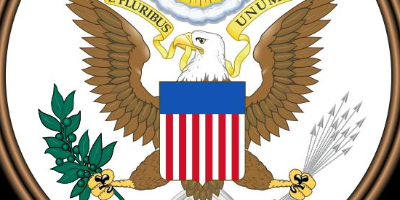jun 5, 1767 - Townshend Acts
Description:
A series of taxes passed by Great Britain on various goods. They consisted of the following:1) The New York Restraining Act of 1767: Forbade the NY Assembly and governor from passing laws until they complied with the Quartering Act. This was never implemented because NY complied with the Quartering Act before it was passed.
2) The Revenue Act of 1767: Taxed glass, lead, paint, tea, oil, and paper. Authorized officials to search people for smuggled goods.
3) The Indemnity Act of 1767: Reduced taxes on the British East India Company to save it from bankruptcy.
4) The Commissioners of Customs Act of 1767: Created a Customs Board that enforced shipping regulations and increased tax revenue.
5) The Vice Admiralty Act of 1768: Gave Royal naval courts, instead of colonial courts, jurisdiction over all matters concerning customs or smuggling. Passed a year after the others, after Charles Townshend died.
The most important of these was the Revenue Act, which placed taxes on a wide variety of goods. The acts were orchestrated by British Treasurer Charles Townshend. The taxes were indirect, being collected by regulating trade. It was implemented after the passionate and sometimes violent protests that erupted after the Stamp Act was passed, which directly taxed paper. Townshend believed that if Great Britain go back to the old method of taxing by regulating trade, such as in the Navigation Acts, there would be less uproar. Indeed, though there were protests from merchants, the reaction to the Townshend Acts were not as immediate as those to the Stamp Act. Nevertheless, colonists began boycotting British goods in protest, getting goods made in the colonies instead. Women who spun and wove themselves were nicknamed Daughters of Liberty. Americans felt that the boycotts gave them a spirit of virtuous self-sacrifice, as opposed to British extravagance. Virginian planters supported the boycott, as many of them were in debt and could use the boycott as an excuse to stop purchasing British goods without appearing to be struggling financially. Urban artisans enjoyed less overseas competition from the boycott, which they quickly became fervent supporters of. A riot broke out after a merchant was accused of attempting to evade import duties, and in March 1770 several Bostonians were shot by British soldiers. Fearing that tensions would only escalate, Great Britain repealed all of the Townshend taxes except for the one on tea.
Added to timeline:
Date:
jun 5, 1767
Now
~ 258 years ago
